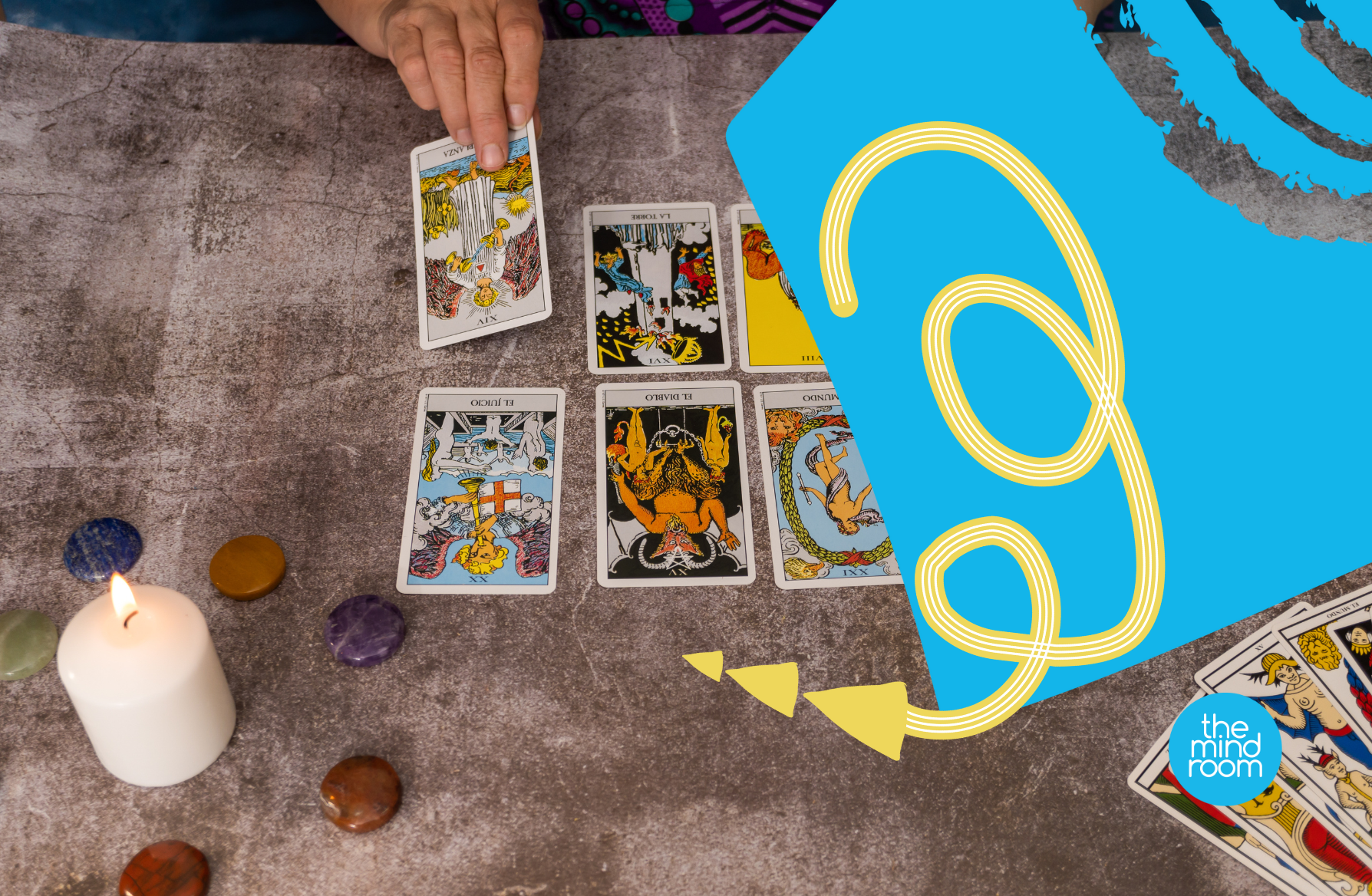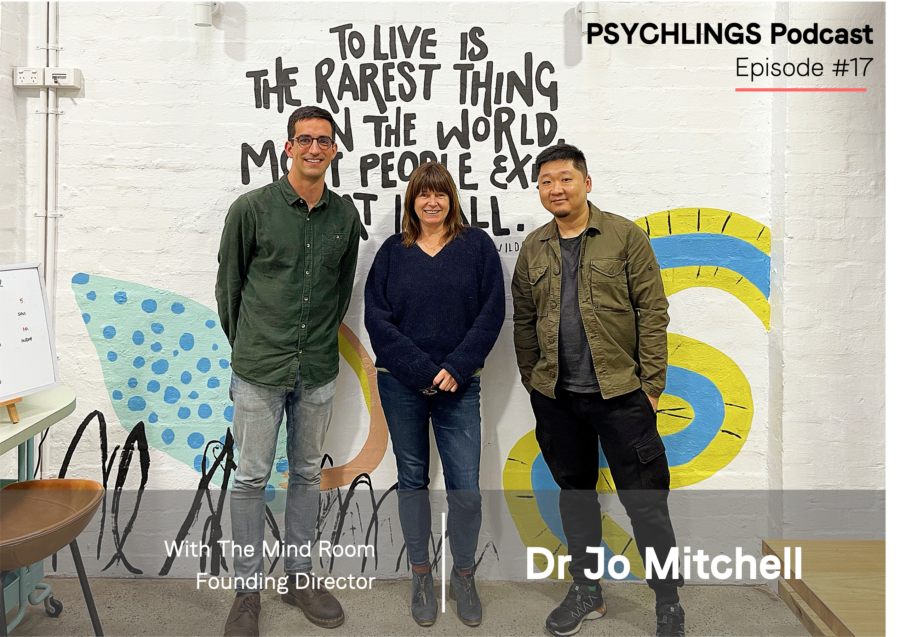Psychic, Psychologist, Psychiatrist: Who Does What?

Gina, Brooklyn 99Psychologists are just people who weren’t smart enough to be psychics.
In a world brimming with professionals who aim to guide and heal, it’s easy to get a bit confused about who does what. You might have wondered about the difference between a psychologist and a psychiatrist, and what about those psychics? While they all might be involved in helping people navigate life’s challenges, their approaches, methods, and qualifications vary significantly.
Psychics: Mystics of the Mind
Psychics, with their mystical allure and intriguing promise of glimpsing into the unknown, often captivate our imaginations. They claim to have a sixth sense or heightened intuition that allows them to predict the future or communicate with the spirit world. Whether it’s through tarot cards, crystal balls, or just an impressive aura, psychics offer insights that are more about spiritual guidance than empirical evidence.
While psychics can provide comforting or intriguing insights, their methods are not based on scientific research or clinical practices. If you’re seeking advice on your love life or career path and have an open mind, a session with a psychic might be an interesting or fun experience. However, if you’re grappling with deeper psychological issues, it might be best to turn to professionals who blend science with empathy.
Psychologist: Scientists of Human Behaviour
According to Gina in the sitcom, Brooklyn 99, “Psychologists are just people who weren’t smart enough to be psychics.” Whether or not you consider them a failed psychic, they are well-educated. Psychologists are mental health professionals who hold a postgraduate degree in psychology and have completed a minimum of six years of training in understanding human behaviour, thoughts, and emotions. As part of their registration requirements, they are required to complete at least 30 hours of ongoing training or supervision annually.
Psychologists, like psychiatrists, are governed by the Australian Health Practitioner Regulation Agency (AHPRA) who work to protect the public by regulating Australia’s registered health practitioners. This includes meeting minimum training standards and professional and ethical standards. In contrast, unregulated practitioners going under titles such as psychics, counsellors, coaches and psychotherapists are not held to any particular standard or training requirements.
Imagine a psychologist as a wise guide who uses a blend of evidence-based practices, pragmatic life experience and empathy to help you navigate the intricate maze of your mind. They may not read your future, but they’re adept at helping you understand your present and past, providing tools and strategies to improve your mental wellbeing and to live a life of meaning and purpose.
Psychologists rely on empirical research and established psychological theories. They use methods grounded in science to help individuals understand and manage their mental health. Their work often involves conducting assessments, providing talking therapy, and developing coping strategies for life’s challenges. If you’re feeling overwhelmed, experiencing anxiety, or simply want to explore your thoughts and behaviours in a supportive environment, a psychologist is your go-to person.
Psychiatrists: Medics of Mental Health
Now, let’s turn our attention to psychiatrists. These professionals are medical doctors who specialise in mental health. After completing medical school and a residency in psychiatry, they are trained to diagnose and treat a wide range of mental health conditions. Psychiatrists can prescribe medication, which sets them apart from psychologists, who primarily focus on talking and behavioural therapies.
Psychiatrists use a combination of medical knowledge and psychological understanding to treat mental health disorders. If you’re dealing with conditions such as severe depression, bipolar disorder, or schizophrenia, a psychiatrist might be involved in your care. They’ll assess your condition, discuss treatment options, and, if necessary, prescribe medications to help manage your symptoms.
Think of psychiatrists as the medical wizards who blend pharmacology with psychiatry to provide a comprehensive approach to mental health. They are equipped to handle complex cases where medication might play a crucial role alongside therapeutic interventions. They are less likely to deal with non-diagnosable issues such as coping with life stressors, navigating relationships, adjusting to parenthood or dealing with grief – which are the remit of psychologists, family members and community.
Knowing Who Does What
So, to sum up, while psychics offer intriguing, if not mystical, perspectives on your life’s journey, psychologists and psychiatrists provide practical, science-based approaches to mental health. Both psychologists and psychiatrists are part of an AHPRA regulated profession, with minimum training and practice standards and accountability. Psychologists use therapeutic techniques to help you understand and manage your thoughts and emotions. Psychiatrists, with their medical training, can prescribe medication and offer treatment for more severe mental health conditions.
When seeking help, it’s essential to choose the right professional based on your needs. If you’re after a deep dive into your emotional world, a psychologist might be your best bet. For medication or medical treatment for mental health conditions, a psychiatrist would be the appropriate choice. And if you’re looking for a bit of mystical insight to ponder on the side, a psychic might just add some colourful speculation to your journey.
Understanding these distinctions can help you make informed decisions about who to turn to for support. Each professional plays a unique role in helping us navigate the complexities of the mind, and knowing who does what can make your journey a bit clearer and a lot more effective.




